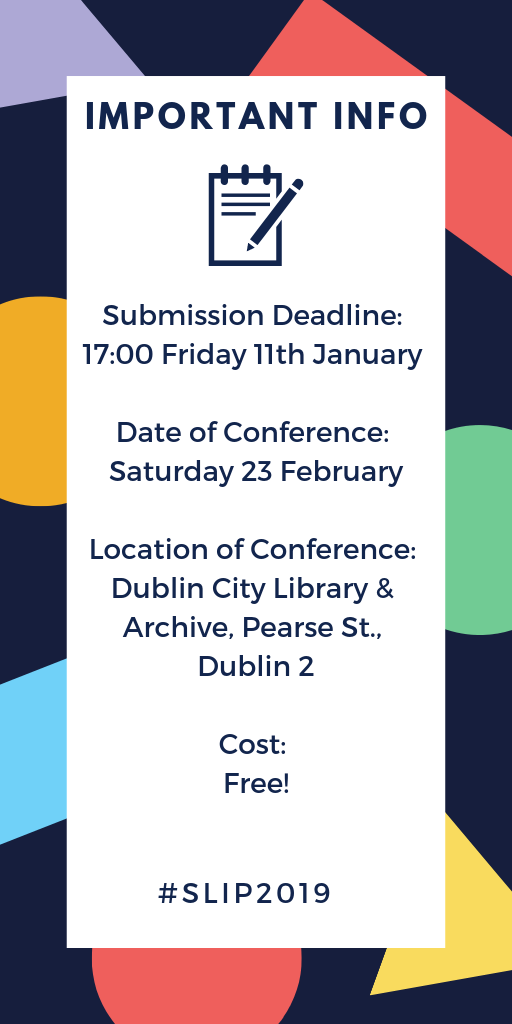
I sometimes forget that there’s a pandemic going on. It’s not that I’m ignorant nor am I choosing not to pay attention. I subscribe to multiple news outlets and the first task I complete each day is reading through the top news stories. No, I forget because of the location of my office. I know. This sounds ridiculous. But as my office is back in the technical services area of the library, it’s pretty cut off from the noise and sight of where most people congregate when school is, usually, in session. The university library I work at decided after the extended Spring Break to remain open but only for current students, faculty, and staff (as opposed to normal operations, when we are open to the Abilene community at large).
All of us who work at the library have the choice of working from home or coming to the library. I am part of the latter group. Working, even in isolation, has kept me sane, while also helping me to forget. Once I finish going over the news, I start going through the rest of my emails, then checking off the typical tasks I complete in a day. Some of these tasks don’t take much time, others do. Depends on the day, the time of year, and if anyone has actually submitted any book requests to their spreadsheets! Right now, there has been an influx of book purchases, quite a few more ebooks than usual, due to COVID-19. If a task does take more than an hour, then I am in the rhythm of my work. I usually already have my headphones in listening to an audiobook or a true-crime podcast. (Okay, more often than not it’s a true-crime podcast.) There are days where I am so locked into work that I don’t realize what time it is until the mail comes or I have to go talk to a co-worker. At that moment, when I open the door to the main area of the library, it hits me all over again like a wave I never saw coming. Oh, right. It’s not summer vacation. It’s still May, school hasn’t ended, COVID-19 still roams the earth. I remain calm on the outside. I don’t know why, but the idea of letting people know I forget seems inconsiderate to the ones who are gone and the doctors, nurses, firefighters, grocery clerks, and so many others who are risking their lives on the front line. Yet, the next day or maybe the day after that, the cycle starts over. I’m absorbed in work as if the computer has taken me hostage, and for those few hours, I can forget. I can empty my mind of all the confusion, the misinformation, the fear, the anger, and a million other emotions, as I search for books or type in orders into our system.
While the moments I forget I am peaceful, the rushing back of all the emotions is when I wonder if I am doing enough. Should there be more that I am doing for others on and off campus? Am I keeping track of my student workers enough or too much? Is there something a co-worker needs that I haven’t realized? (You know, because I learned how to read minds during all of this.) The basics of the job haven’t changed much since this started, but the feelings of not being there for my students, co-workers, and everyone who works on campus can be so strong sometimes that I feel as if I will collapse under the weight of them. My freshman roommate one time compared me to Atlas trying to hold up the earth. I guess, during times of stress and uncertainty, I revert back to my younger self, thinking if only I did this one thing or said the right words to that person, then I could solve everything. Unfortunately, I did not go to school to become a doctor or researcher, nor do I work in immediately necessary services like the food industry, and I cannot do anything to help on the front lines. However, I can be there for co-workers or my student workers when they ask. I can continue plugging away at work, helping to provide the information students need.
It’s not that I’m forgetting with the intention of being mean or inconsiderate or ungrateful. It’s my brain’s way of giving myself a few minutes or a few hours of unencumbered peaceful time, so I don’t try to take on all the world’s problems. Where all I have to focus on is inputting the next number or trying to find a copy of a book in the best condition for the lowest price. Life is strange and while none of us planned for it, we are doing whatever we can to get by, whatever that looks like. And I guess for me that looks like spending hours in my hobbit hole office plugging away at the tasks ahead of me.

My name is Holly Dameron and I currently work at Abilene Christian University’s Brown Library in Abilene, Texas, USA as the Acquisitions and Periodicals Coordinator. This university is also where I received a MA in English Literature. I’m currently working remotely on my MLIS at the University of North Texas. I want to continue to work at a university/academic library. I’m quite a nerd, and proud of it! I don’t have a favorite genre for books – I’m all about a good story.








